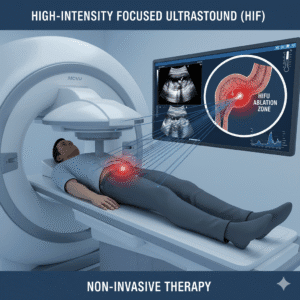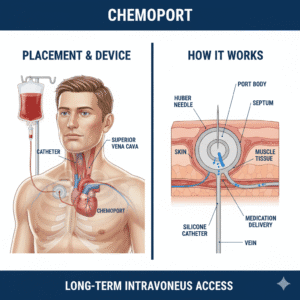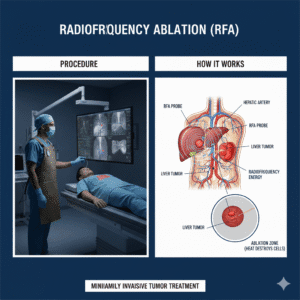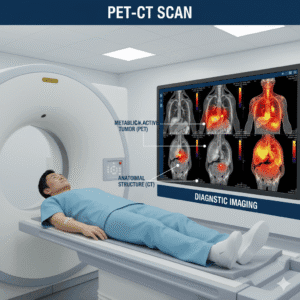
Dendritic Cell Vaccine
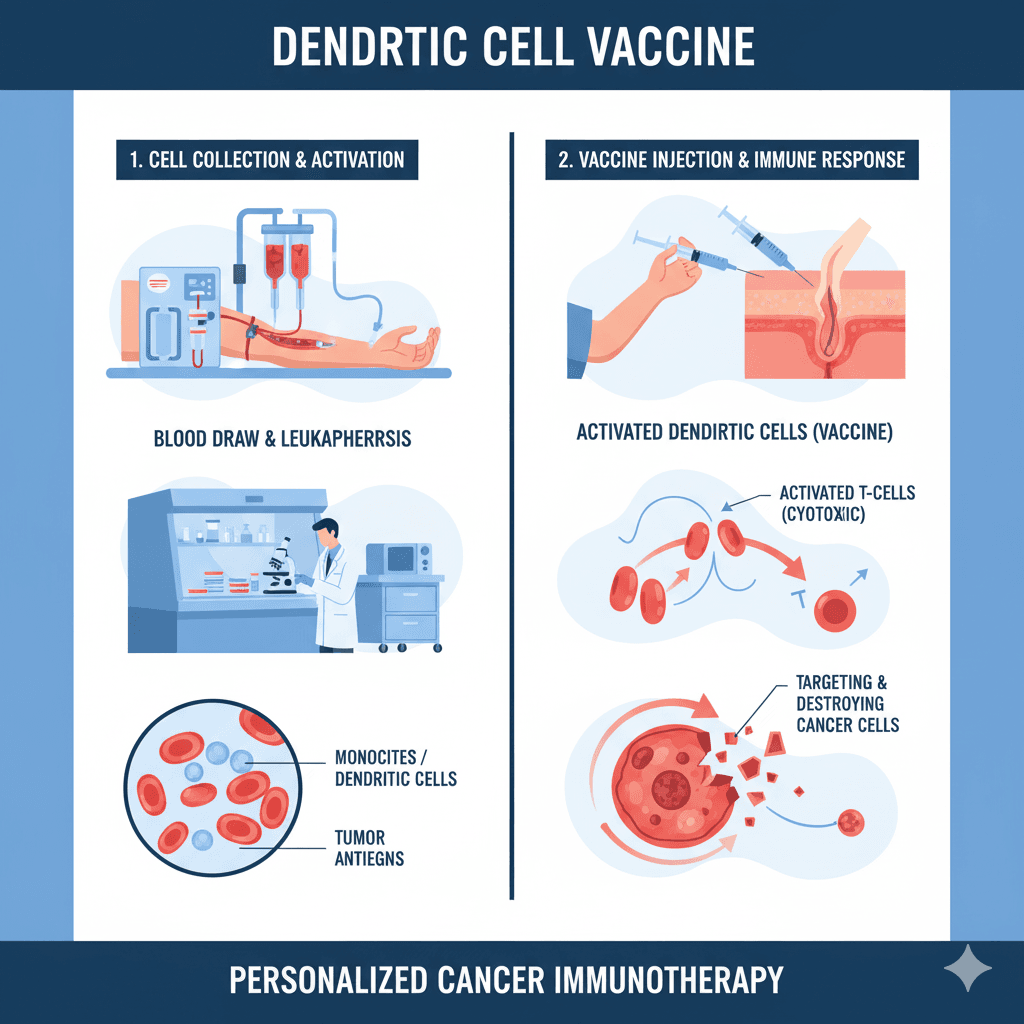
Q1: What is a Dendritic Cell Vaccine?
A: A dendritic cell vaccine is a type of immunotherapy used to treat cancer. It works by harnessing the body’s immune system to recognize and attack cancer cells. Dendritic cells are a type of immune cell that helps the body identify and respond to threats like infections or cancer. The vaccine is created by taking a patient’s dendritic cells, exposing them to cancer antigens (substances that the immune system can recognize as foreign), and then reintroducing them into the patient’s body to stimulate a targeted immune response against the cancer.
Q2: How does the Dendritic Cell Vaccine work?
A: The process begins with collecting a patient’s dendritic cells, usually from their blood. These cells are then “trained” in a laboratory by exposing them to cancer-specific antigens, which are proteins found on the surface of cancer cells. Once these dendritic cells are primed, they are injected back into the patient’s body. The modified dendritic cells present the cancer antigens to other immune cells, activating them to recognize and destroy cancer cells.
Q3: What types of cancer can be treated with a Dendritic Cell Vaccine?
A: Dendritic cell vaccines are being studied and used for a variety of cancers, including:
- Prostate cancer
- Melanoma
- Brain tumors (such as glioblastoma)
- Renal cell carcinoma
- Breast cancer
While not yet widely available for all types of cancer, dendritic cell vaccines are part of ongoing research and clinical trials aimed at expanding their use.
Q4: What are the benefits of Dendritic Cell Vaccines?
A: The main benefits of dendritic cell vaccines include:
- Targeted therapy: They help the immune system specifically target cancer cells without harming healthy cells.
- Personalized treatment: The vaccine is made from the patient’s own cells, making it a personalized form of therapy.
- Potential for long-term immunity: The immune system may “remember” the cancer cells, providing ongoing protection even after treatment is completed.
- Reduced side effects: Because it harnesses the body’s own immune system, dendritic cell vaccines often have fewer side effects compared to traditional cancer treatments like chemotherapy.
Q5: What should I expect during Dendritic Cell Vaccine treatment?
A: The treatment process typically involves several steps:
- Cell collection: Blood is drawn from the patient to collect dendritic cells.
- Vaccine preparation: The dendritic cells are exposed to cancer antigens in a lab to create the vaccine.
- Vaccine administration: The vaccine is injected back into the patient’s body, usually in multiple doses over several weeks.
- Monitoring: Patients are closely monitored for their response to the vaccine and for any side effects.
The entire process is usually part of a larger treatment plan and may be combined with other therapies.
Q6: Are there any side effects?
A: Side effects of dendritic cell vaccines are generally mild and may include:
- Injection site reactions: Redness, swelling, or tenderness where the vaccine was administered.
- Flu-like symptoms: Such as fever, fatigue, or muscle aches.
- Immune reactions: Rarely, there may be a stronger immune response, leading to inflammation or other symptoms.
Overall, dendritic cell vaccines tend to have fewer and less severe side effects than traditional cancer treatments.
Q7: How do I know if a Dendritic Cell Vaccine is right for me?
A: Whether a dendritic cell vaccine is appropriate for you depends on several factors, including the type and stage of your cancer, your overall health, and whether you have access to a clinical trial or treatment center that offers this therapy. Your oncologist can help determine if this form of immunotherapy is a viable option for your treatment.
Q8: Where can I receive Dendritic Cell Vaccine treatment?
A: Dendritic cell vaccines are available at specialized cancer centers, often as part of clinical trials. These treatments are still considered experimental for many types of cancer, so availability may be limited. Your oncologist can refer you to a center or trial if they believe this therapy could benefit you.
If you have more questions about dendritic cell vaccines or are interested in exploring this treatment option, talk to your healthcare provider. They can provide detailed information and guide you through the process of determining whether this innovative therapy is suitable for your condition.
Related Post


CyberKnife
August 6, 2024
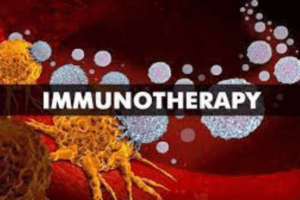
Immunotherapy
August 7, 2024
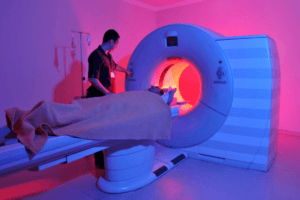
MRI Linac
August 7, 2024
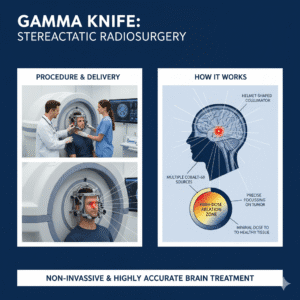
Gamma Knife
August 7, 2024
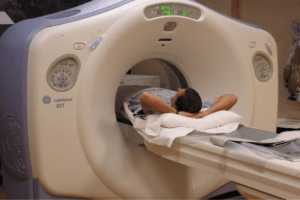
Cancer Screening
August 22, 2024
Gallery
Click below to book a clinic appointment
Ask More Questions Send Query On Email



